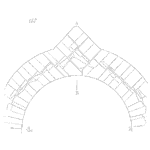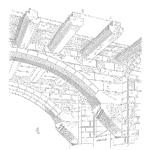
Initially, the CRE Prep blog aimed at providing refresher material for those preparing for the ASQ CRE exam.
In discussions with readers, it has become clear to me that many new to reliability engineering have found the series of articles useful.
That is should not be surprising since many of the tutorials are introductory and practical.
The problem those new to the field have is related with where to start.
There is a lot of information related to reliability engineering.
From defining reliability to working with teams to Weibull analysis, there is a lot to know. [Read more…]














 Ask a question or send along a comment.
Please login to view and use the contact form.
Ask a question or send along a comment.
Please login to view and use the contact form.